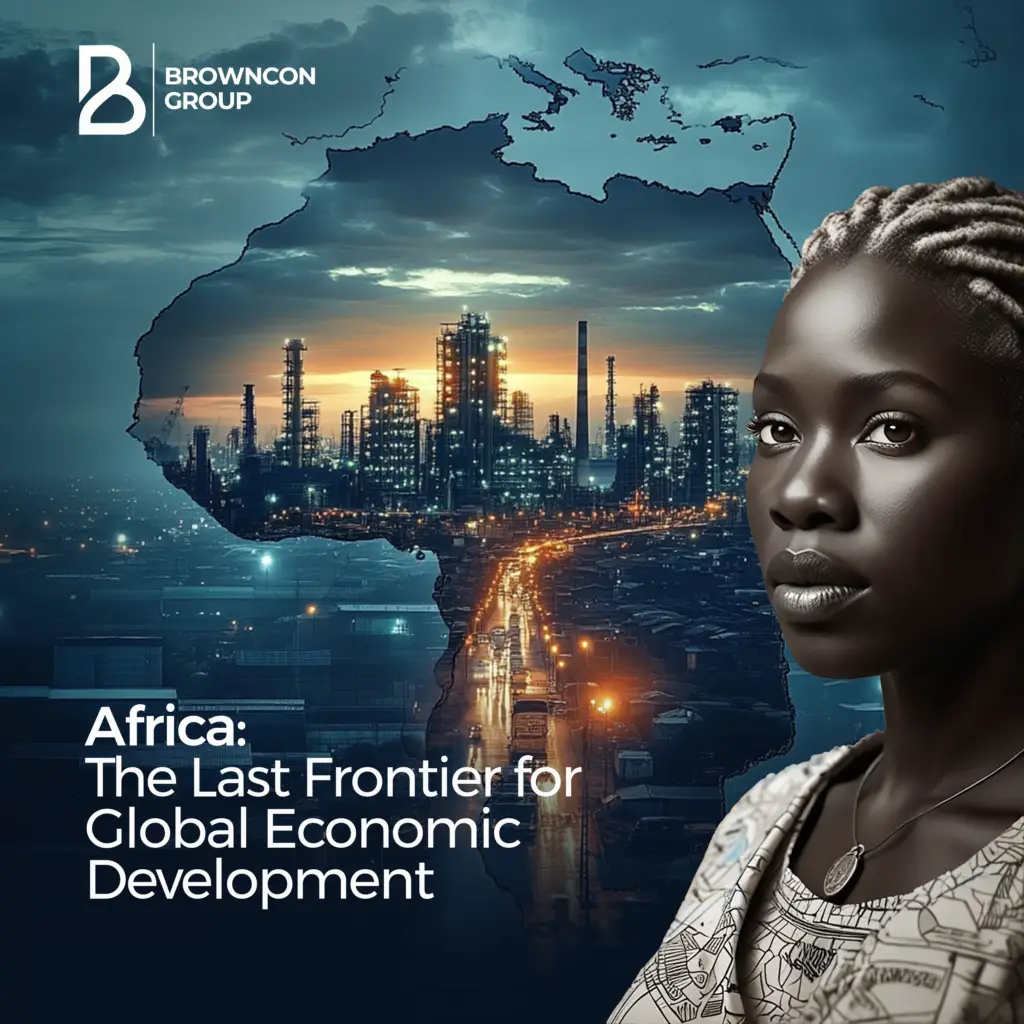

For decades, economists, investors, and futurists have asked: Where is the next big growth story?The answer has been echoing louder with each passing year, Africa.
While many parts of the world face stagnating populations, exhausted natural resources, and saturated markets, Africa stands as a continent brimming with potential. It is not just another market it is the last frontier of global economic development.
With over 60% of its population under the age of 25, Africa is home to the world’s youngest workforce. This demographic dividend offers a unique advantage, a growing Labor force and consumer market that can drive productivity, invention, and consumption for decades to come. While other regions age, Africa is surging with youthful energy.
Beyond its youthful population, Africa is rich in resources, from the cobalt mines of the Democratic Republic of Congo to the oil fields of Nigeria, and the gold reserves of Ghana to the fertile lands of Sudan. The continent’s vast natural wealth remains largely untapped, with much of it exported in raw form, missing out on the value addition that could fuel industrial growth. The opportunity here is clear, by building local industries that transform raw materials into finished products, African nations can create jobs and capture greater economic value within the continent.
Africa is also embracing a digital leap. Rather than following the traditional path of infrastructure development seen in the West, many African countries are skipping over outdated technologies and directly adopting modern, cutting-edge solutions. From mobile banking innovations like Kuda, to solar energy systems that bring power to rural communities, Africa’s rapid adoption of technology is not only reshaping how businesses operate but also how people access services, making them more accessible and inclusive.
In addition to technological innovation, Africa’s urbanization is accelerating. As cities expand, from Lagos to Nairobi and Addis Ababa to Abidjan, they bring with them new infrastructure projects, economic opportunities, and a rising middle class. These urban centres are driving demand for housing, transportation, healthcare, and education, creating new markets for businesses and presenting opportunities for economic growth and diversification.
The African Continental Free Trade Area (AfCFTA) is set to play a crucial role in Africa’s future economic development. By connecting 54 countries into a single market, AfCFTA reduces trade barriers and promotes intra-African trade, enabling African nations to become more self-reliant. This landmark agreement is positioning the continent to maximize its economic potential and strengthen its collective bargaining power on the global stage.
Strategically, Africa’s geographic location is another key asset. With a central position connecting the Americas, Europe, and Asia, Africa is becoming increasingly important in global trade. The continent’s growing infrastructure, such as new ports, railways, and digital networks, is strengthening its role as a critical player in global logistics and trade. As global powers like China, the US, and the EU expand their investments in Africa, the continent is increasingly becoming central to international economic strategies.
Africa’s potential is not just a future possibility, it is already unfolding. The continent is not a charity case but a key partner for the future. It offers unprecedented opportunities for growth, innovation, and investment. The question is no longer whether Africa is the last frontier for economic development, but who is bold enough to seize the moment and join in shaping its future.
Africa is ready. The world should be too.
